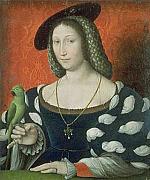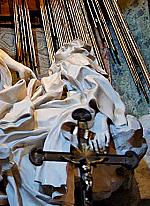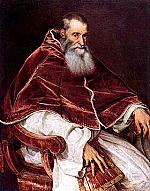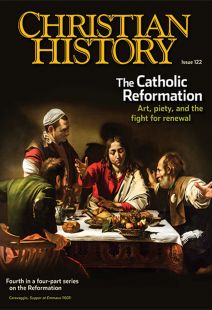Ignatius of Loyola speaks
THE FIRST POINT is to call to mind the benefits that I have received from creation, redemption, and the particular gifts I have received. I will ponder with great affection how much God our Lord has done for me, and how many of His graces He has given me. I will likewise consider how much the same Lord wishes to give Himself to me in so far as He can, according to His divine decrees.
I will then reflect within myself, and consider that I, for my part, with great reason and justice, should offer and give to His Divine Majesty, all that I possess and myself with it, as one who makes an offering with deep affection, saying:
Take, O Lord, and receive all my liberty, my memory, my understanding, and my entire will, all that I have and possess. Thou hast given all to me, to Thee O Lord, I return it. All is Thine; dispose of it according to Thy will. Give me Thy love and Thy grace, for this is enough for me.
The second point is to consider how God dwells in His creatures: in the elements, giving them being; in the plants, giving them life; in the animals, giving them sensation; in men, giving them understanding. So He dwells in me, giving me being, life, sensation, and intelligence, and making a temple of me, since He created me to the likeness and image of His Divine Majesty. —Ignatius of Loyola, The Spiritual Exercises of Saint Ignatius (1541), trans. Anthony Mottola
Christian History’s 2015–2017 four-part Reformation series is available as a four-pack. This set includes issue #115 Luther Leads the Way; issue #118 The People’s Reformation; issue #120 Calvin, Councils, and Confessions; and issue#122 The Catholic Reformation. Get your set today. These also make good gifts.
By Ignatius of Loyola
[Christian History originally published this article in Christian History Issue #122 in 2017]
Ignatius of Loyola was the founder of the Jesuits.Next articles
The road not taken
Evangelical Catholics worked for reform without leaving their mother church
Edwin Woodruff TaitPicturing saints
What Catholic piety in the Sixteenth century looked and felt like
Virginia C. Raguin







